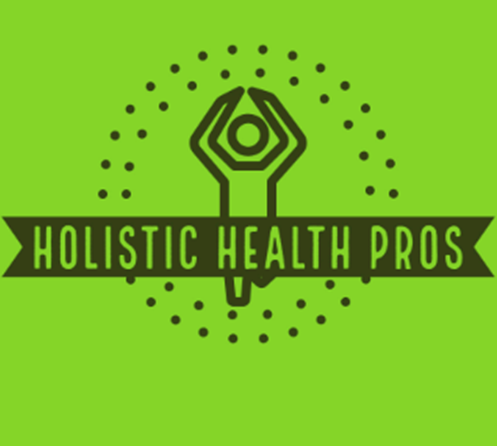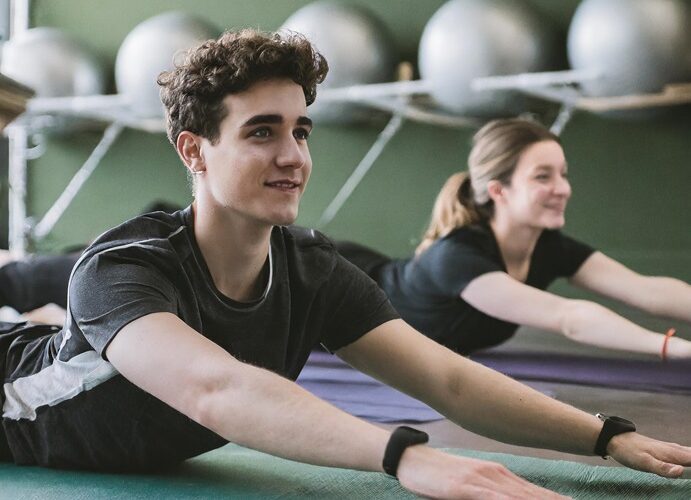As the world grapples with the aftermath of the COVID-19 pandemic, scientific researchers continue to explore innovative approaches to aid the recovery of those affected by the virus. A study published in the Journal of Multidisciplinary Healthcare in February 2024 delves into the effects of Pilates exercises on core muscle endurance and static trunk balance in young adults recovering from COVID-19. This single-blinded, randomized controlled trial sheds light on the potential of Pilates as a therapeutic tool for improving the physical well-being of post-COVID individuals.
The study involved 145 university students aged 19 to 25 who had successfully recovered from COVID-19. These participants were randomly assigned to either a Pilates group or a control group, with each group receiving a home exercise program. The primary objective was to investigate the impact of Pilates exercises on core muscle endurance, while the secondary objective focused on assessing static trunk balance. Core muscle endurance was measured using five basic endurance tests, and static balance was evaluated using the Prokin system with open eyes (OE) and closed eyes (CE) at baseline and after three months of treatment.
The outcomes of the study revealed significant improvements within both groups after the treatment period. However, the Pilates group exhibited a remarkable increase in all core endurance tests compared to the control group. The Prokin system results highlighted improvements in static trunk balance for the Pilates group, with a decrease in perimeter with open eyes, closed eyes, and ellipse area with eyes closed. Notably, there was no significant difference in the ellipse with open eyes between the two groups.
The study’s findings underscore the positive impact of Pilates exercises on core muscle endurance and static trunk balance in individuals recovering from COVID-19. The improvements observed in these physical parameters suggest that Pilates may play a vital role in enhancing the quality of movement patterns and overall quality of life for post-COVID individuals.
The holistic nature of Pilates, focusing on core strength and balance, aligns with the multifaceted challenges faced by individuals in the aftermath of COVID-19. As a low-impact exercise regimen, Pilates offers a gentle yet effective pathway to rebuilding physical strength and stability, particularly in the crucial core muscles. The study’s conclusions pave the way for further exploration of Pilates as a valuable component of rehabilitation and recovery programs for post-COVID individuals, contributing to their overall well-being and resilience in the face of the lingering effects of the virus.

